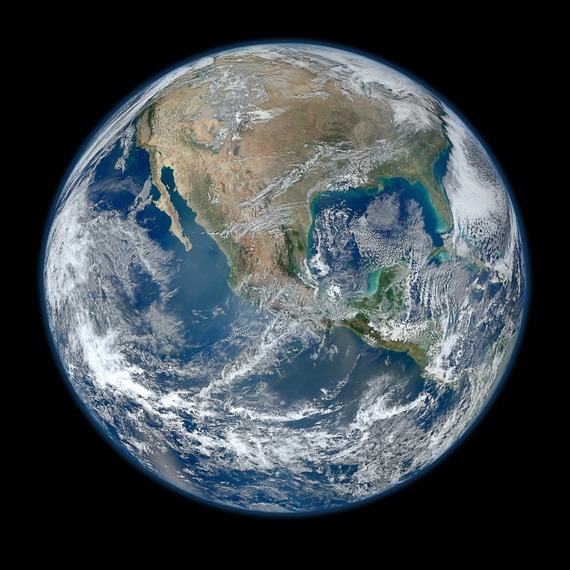China plans to launch its second space laboratory into outer space during the third quarter of 2016, Xinhua reported this week, part of its larger strategy to create a manned space station around 2022. The latest lab, Tiangong-2, is slated to link up with a supply ship, Tianzhou-1, that will be launched next year, individuals from the Chinese space program said.
The first space laboratory, Tiangong-1, launched in 2011, and this newly launched piece, are two out of three major contributing parts for the Chinese space station. The third component is a core module.
Beijing is rapidly advancing toward its objective by launching two astronauts into space later this year on the Shenzhou 11 spacecraft. This mission, while certainly compelling, is only one out of 20 space launches for China this year.
The most exciting Chinese mission might not occur for another two years. The NASA-equivalent China National Space Administration (CNSA) aims to land a robot on the far side of the moon by 2018 - a feat no space program in the world has ever done.
China's "Space Dream"
The Chinese space program, much like the U.S. program during the famed golden years of the 1960s and 1970s, has spurred national pride. In 2003, China's first astronaut, Yang Liwei, traveled into space. In the decade leading up to 2013, Beijing launched ten astronauts and six spacecraft into space.
"The mission's crew members carry a space dream of the Chinese nation, and represent the lofty aspirations of the Chinese people to explore space," state-run media quoted Chinese President Xi Jinping saying in 2013.
China welcomes private firms in space exploration
Last year, China's State Administration of Science, Technology, and Industry for National Defense, issued a statement in which it opened its space program up to the private sector in an effort to create new technologies and offset financial costs.
"Most of our space equipment is developed and produced by State-owned institutes in accordance with missions set by the government," Wang Pengji, a senior space scientist at the China Academy of Space Technology, told Xinhua. "Opening the industry to the private sector will introduce competition and new ideas," he added.The Future of Chinese Space Exploration
The Chinese space program, which at one point lagged well behind its American and Russian counterparts, might be a prime positon in the coming years to overtake these prestigious space programs.
Given the likelihood of the International Space Station coming to an end sometime during the next decade, and the announcement earlier this year by Tian Yulong, secretary-general of the China National Space Administration, to start an early probe into a Mars exploratory program, the future of human space exploration might very well be in Chinese hands.

